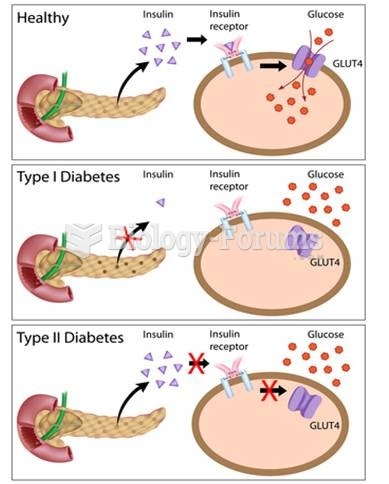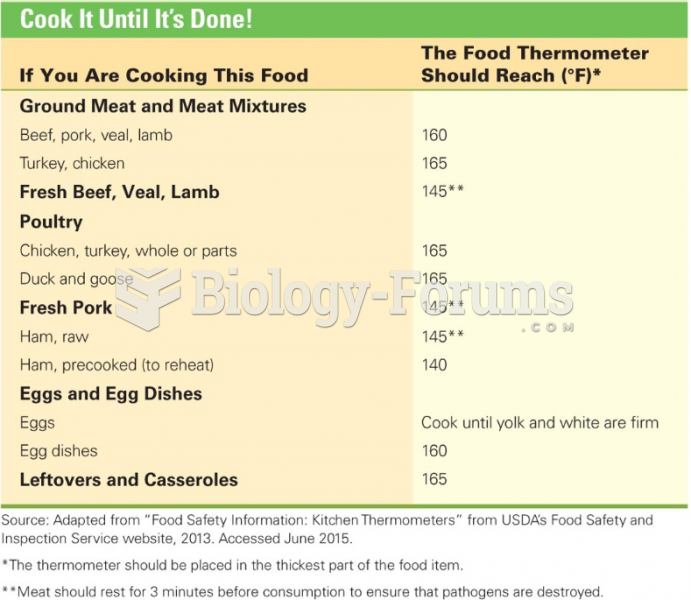Answer to Question 1
ANS: A
It is hypothesized that cooking one's meals will lead to better compliance with dietary restrictions. Self-cooking influences compliance. Adherence is what the researcher wants to influence and is the independent variable.
The study population appears to be patients with diabetes, so diabetes is constant and not a variable. It is hypothesized that cooking one's meals will lead to better compliance with dietary restrictions. Self-cooking influences compliance. Adherence is what the researcher wants to influence and is the independent variable.
Actually, all patients in the population have dietary restrictions, so this is not a variable. It is hypothesized that cooking one's meals will lead to better compliance with dietary restrictions. Self-cooking influences compliance. Adherence is what the researcher wants to influence and is the independent variable.
Meal cooking is the independent variable. It is hypothesized that cooking one's meals will lead to better compliance with dietary restrictions. Self-cooking influences compliance. Adherence is what the researcher wants to influence and is the independent variable.
Answer to Question 2
ANS: C
Quasi-experimental designs seek to discover whether an independent variable causes an effect on a dependent one. Correlational research establishes an association between and among variables, and the number of variables is based on the study purpose and problem, not what kind of study it is. There can be significant findings in each type of study. The complexity of a hypothesis is determined by how many variables are involved, not the kind of study.
There can be significant findings in each type of study. All types of studies are needed to expand nursing knowledge and science.
The complexity of a hypothesis is determined by the number of variables are involved, not the kind of study.
The complexity of a hypothesis is determined by the number of variables are involved, not the kind of study.







